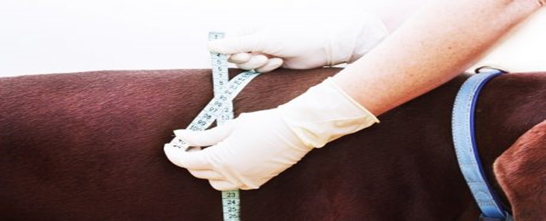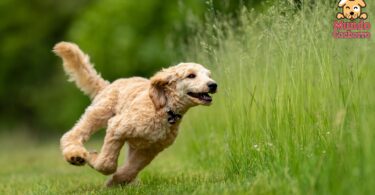Indice
Overweight and obesity are serious problems for canine health, not only affecting their activity levels, but also making them vulnerable to a wide range of diseases. Overweight in dogs is the beginning of a life full of complications and limitations for both the dog and its owner, and if not managed in time, its consequences could be fatal.
Due to the multiple problems and diseases that can accompany being overweight, it is of utmost necessity to know how to identify it. Determine if your dog is overweight in 3 steps.
1. Observation
Although a glance at the dog is not enough to determine whether it is overweight or not, observation will provide the first indications that its body mass is increasing beyond normal. Each dog has specific characteristics that go according to its breed and age, these characteristics are the ones that allow us to differentiate at a glance when a dog is too thin, at its ideal weight or with a few extra kilos.
If the canine lacks certain natural curves such as the one located in the lower part of its body from the thorax, passing through its belly to the exit of the legs, then there is a problem of overweight.
2. Palpation
To distinguish when a dog is overweight and out of its ideal weight according to its characteristics, palpation is a very useful tool. Palpation is applied to specific areas of the canine’s body, such as the rib area, the spine and the base of the tail.
If the bones are easy to feel when palpating these areas, with a small layer of fat on top, the dog is at a healthy weight. If, on the other hand, force is required to feel the bones or if the bones cannot be felt, the dog is overweight or obese.
3. Presence of unusual symptoms in a healthy dog.
Breathing problems, fatigue and difficulty in mobility are the most common signs that a dog is overweight. The decrease in his daily activity is also another clear example that the canine is being affected by this condition, in addition to a significant increase in the hours he sleeps per day.
What should I do if my dog is overweight?
The first thing to do is to take the dog to a trusted veterinarian for a more thorough examination of its physical condition and to determine the source of the weight gain. Depending on whether the cause is due to disease or inadequate nutrition, the veterinarian will explain to you what the options are to combat overweight in your dog.
Image courtesy of (dogtime.com), all rights reserved.








